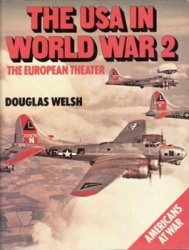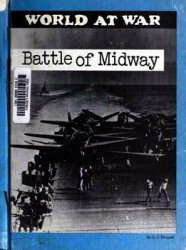Most effective operatives during the Revolutionary War. Honeyman, who lived in Griggstown, New Jersey, posed as a Loyalist but was in fact a Patriot spy. He is supposed to have alerted George Washington to the lack of discipline among the British-allied Hessian troops in Trenton. He also spread disinformation by assuring the Hessian commander that the American forces across the river in Pennsylvania were demoralized and in retreat from their defeat in New York City. An unassuming and humble man, Honeyman received a pension after the war and lived to be 93 years old.
HOOVER, J. EDGAR (1895-1972). J. Edgar Hoover was the legendary and long-serving director of the Federal Bureau of Investigation (FBI). First appointed director of the Bureau of Investigation in 1924, Hoover brought his legal and prosecutorial expertise to the Bureau, honed by his controversial role in the “Palmer Raids” against suspected communists and anarchists in 1919. As the national police chief, Hoover upgraded the Bureau’s technological investigative techniques, improved training, presided over the name change to FBI in 1935, and prosecuted notorious gangsters with a zeal that made him a national hero.
He also vigorously pursued added responsibilities for the FBI in law enforcement and foreign intelligence. During the administration of Franklin D. Roosevelt, Hoover won the right to investigate foreign espionage in the United States and to collect intelligence in Latin America. He also began a fervent drive against members of the American Communist Party and left-leaning intellectuals. Hoover secretly amassed files on friends and foes alike, a practice that gave him enormous influence in Washington until his death in 1972.
Hoover vehemently opposed the establishment of the Central Intelligence Agency (CIA) in 1947, a position that soured his relationships with successive directors of central intelligence (DCIs). During the 1950s, Hoover’s anticommunist sentiments led him wholeheartedly to support the McCarthy hearings that purported to seek and root out communists in the federal government and elsewhere. Under his leadership, the FBI also investigated prominent individuals Hoover thought held dangerous political views. At the same time, he virtually ignored organized crime, and his investigations into political corruption were mainly used as a means to gain political control over powerful politicians. In the 1960s, Hoover became even more controversial for his opposition to the civil rights movement and the administration of President John F. Kennedy. His reputation declined in later years following revelations of vendettas against civil rights leaders and widespread illegal FBI activities. See also COIN-TELPRO; SPECIAL INTELLIGENCE SERVICE.
HOUSE ARMED SERVICES COMMITTEE. Established by the Legislative Reorganization Act of 1946, the House Armed Services Committee has served as the principal authorization committee for defense agencies and national security issues in the House of Representatives. Less well known than its Senate counterpart, the committee held some oversight responsibilities over intelligence matters until 1977, when the House of Representatives established the House Permanent Select Committee on Intelligence (HPSCI). The committee’s oversight responsibilities now are conducted within the context of the annual defense authorization bill. This legislation covers the Department of Defense (DOD) as well as a significant portion of the annual operating budget of the Department of Energy (DOE). See also SENATE ARMED SERVICES COMMITTEE.




 World History
World History









